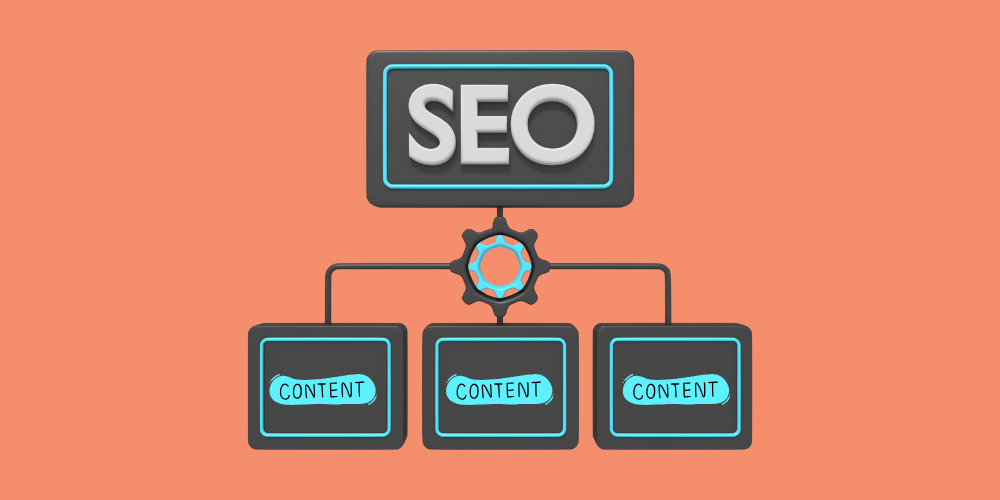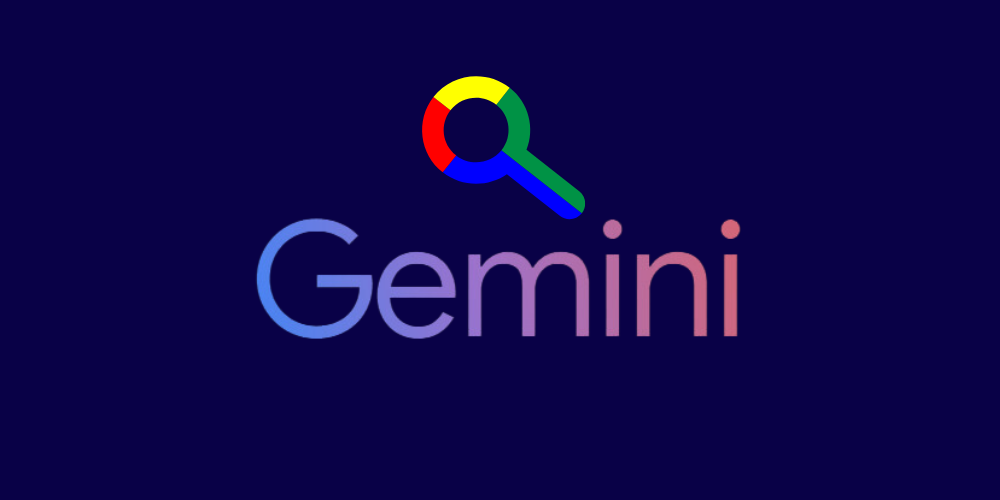The way people search has evolved drastically, and today, many users find answers without even clicking on a single link. Welcome to the world of zero-click searches. It’s the era where users don’t need to leave Google’s results page to find what they’re looking for. Instead, answers appear immediately, thanks to rich snippets, knowledge panels, and other Google features. But what does this mean for your website’s traffic and visibility? And how can you ensure that zero-click searches benefit rather than hinder your site?
This article dives into the rise of zero-click searches, what they mean for SEO, and actionable steps you can take to stay competitive.
What Are Zero-Click Searches ?
Zero-click searches are searches that result in an answer on the search results page itself, eliminating the need for users to click on a traditional link. This search method has surged as Google improves its algorithms and features like featured snippets, knowledge graphs, local packs, instant answers, and People Also Ask (PAA) sections. These features prioritize providing users with quick answers directly on the search engine results page (SERP).
Examples of Zero-Click Searches
- Weather Searches: Type in “weather in [city name]” and get real-time weather updates without clicking through to a website.
- Currency Conversion: A search like “USD to EUR” will show the conversion rate directly on the SERP.
- Definition Searches: Searching “define [word]” brings up a definition at the top of the results page.
- Local Searches: A search like “restaurants near me” or “gas stations near me” displays maps, locations, and reviews.
With zero-click searches, users get what they need faster, which is a win for user experience but a challenge for traditional website metrics like clicks and page views.
Why Are Zero-Click Searches Important ?
Zero-click searches have had a massive impact on SEO and digital marketing. With more searches ending without a click, businesses need to rethink their strategies to maintain visibility and drive conversions.
According to recent data, over 50% of all Google searches now result in zero clicks, and this trend continues to grow. Businesses must adapt to keep their spot on the results page, ideally in those high-visibility areas like featured snippets or the local pack.
Adapting to Zero-Click Searches
It’s clear that zero-click searches aren’t going away. Here’s are some actionable tips to take advantage of this trend.
1. Optimize for Featured Snippets
Featured snippets appear at the top of the search results and directly answer users’ queries. While not every query has a featured snippet, you can improve your chances by structuring your content to answer common questions.
How to Do It:
- Use Question Phrases: Phrases like “What is,” “How to,” or “Why does” often trigger snippets.
- Keep Answers Concise: Featured snippets tend to show responses between 40-60 words.
- Format Content Properly: Use lists, tables, or step-by-step instructions where appropriate, as Google pulls structured content more frequently.
Example of Successful Snippet Optimization
Consider a website about health and wellness. They optimized their content around phrases like “How much water should you drink daily?” and successfully appeared in a featured snippet. This placement led to increased visibility, establishing their brand as an authority on the topic, even without a click-through.
2. Make Use of Structured Data Markup
Structured data, or schema markup, helps search engines understand the content on your page, increasing the likelihood of your content appearing in rich results, like knowledge panels or PAA sections.
How to Do It:
- Add Schema Markup: Use schema types such as FAQ, HowTo, or Article, depending on the page’s content.
- Use Google’s Structured Data Markup Helper: This free tool helps create structured data for your website.
- Test with Google’s Rich Results Tool: Ensure your markup is functioning correctly.
Structured data doesn’t just help with SEO but makes your site more clickable if you can snag one of those coveted rich results spots.
Tools for Adding Schema Markup
- Schema.org: This is the primary source for structured data vocabulary that search engines understand.
- Google’s Structured Data Markup Helper: A free tool for adding schema to your content.
- Yoast SEO: A WordPress plugin that simplifies adding schema markup to your pages.
3. Optimize for Local Searches with Google My Business
Local businesses can greatly benefit from zero-click searches by using Google My Business (GMB). If someone nearby searches for “coffee shop near me,” Google will pull results from GMB profiles to display locations on the map without requiring a click. Also Read “Why Every Small Business Needs Local SEO: How to Dominate Your Market.”
How to Do It:
- Complete Your GMB Profile: Include all relevant information like hours, location, contact details, and photos.
- Encourage Reviews: Reviews can increase your visibility in local search results.
- Use Posts and Updates: Frequently updating your GMB profile with posts and special offers can boost your ranking.
Tracking and Measuring Zero-Click Traffic
Even if users don’t click through, zero-click traffic can still drive conversions indirectly by increasing brand awareness and establishing authority. Tracking and measuring the impact of zero-click searches can help gauge the value they add.
1. Use Google Search Console to Track Impressions
Google Search Console provides data on impressions and ranking positions. By tracking your content’s performance in the SERP, you can understand where your traffic is coming from, even if it doesn’t result in a direct click.
2. Monitor Brand Searches
If your content shows up frequently in zero-click results, you might see an increase in brand searches or direct traffic, as users may come back to your site later. This indirect benefit of zero-click search visibility can signal increased brand awareness.
3. Check On-Page Engagement Metrics
If zero-click searches lead to more users recognizing your brand, you might notice longer engagement times, lower bounce rates, and more repeat visits on your site. This signals a successful brand-building effort, which can support long-term goals.
Case Study: Ahrefs and the Impact of Featured Snippets
Ahrefs, an SEO tool provider, studied their own results after optimizing for featured snippets. By restructuring content around commonly searched questions and optimizing content for snippet-friendly formats, Ahrefs captured multiple featured snippets. Although their click-through rate varied, the company saw increased visibility and brand authority as users became more aware of Ahrefs as a knowledge source.
The Future of Zero-Click Searches
With Google’s continuous advancements, zero-click searches will likely expand into more areas, making it essential for businesses to adapt. Here’s what to expect:
- Voice Search Compatibility: Zero-click search aligns well with voice search, where users expect an immediate answer.
- AI and Predictive Search: AI will enable even more precise answers in search results, which could change how much information Google displays on the SERP.
- Increased Importance of Brand Recognition: As zero-click continues to grow, establishing a recognizable brand that people can search directly will be a competitive advantage.
Conclusion: Embrace Zero-Click Searches as an Opportunity
Instead of fearing zero-click searches, view them as a way to provide users with valuable, immediate information that builds your brand’s authority. By optimizing for snippets, implementing structured data, and maximizing Google My Business, you can ensure that your business remains competitive and visible on the search results page. Zero-click searches represent a shift in how users interact with content, so adapting now is crucial to secure your place at the top of Google’s results—click or no click.




